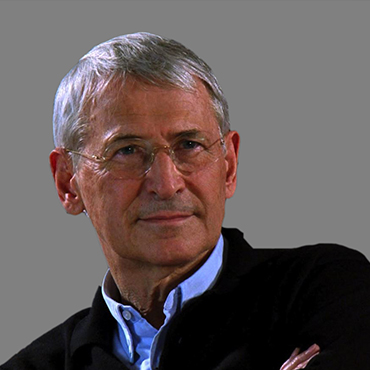
Prizes & Awards
2010 The Case Centre Best-selling Case in the Category 'Human Resource Management / Organisational Behaviour'
2009 The Case Centre Best-selling Case in the Category 'Human Resource Management / Organisational Behaviour'
2008 The Case Centre Best-selling Case in the Category 'Human Resource Management / Organisational Behaviour'
2003 The Case Centre Best-selling Case in the Category 'Human Resource Management / Organisational Behaviour'
2002 The Case Centre Best-selling Case in the Category 'Human Resource Management / Organisational Behaviour'
Winner of the Case Centre Awards and Competitions 2002 in the Category 'Human Resource Management / Organisational Behaviour'
This case study provides an opportunity to explore the person-organisation interface. From a developmental point of view, it examines the making of an entrepreneur. The case also allows for an exploration of the vicissitudes of leadership. It looks at effective leadership in the context of a high performance organisation and, finally, incites discussion about planning for the future of an entrepreneurial organisation, in particular using a brand to enter new, unrelated markets.
(former title: The House that Branson Built: Virgin's Entry into the New Millennium)
The case focuses on leadership in a creative, entrepreneurial organisation. Virgin has made many brilliant moves and weathered spectacular setbacks. The case offers insight into these and other management issues that have come to the fore in Virgin's history. Among them are the transition from entrepreneurial to more conventional, "systematic" management; the formulation of strategy for, and the management of, rapid growth around the stretching of a brand, particularly expansion into unrelated areas and expansion overseas; the management of strategic alliances; the development of a corporate culture centred around youth and informality; a preference for promotion of insiders who "fit" rather than outside candidates; the management of creativity; and the transition from a private enterprise to a public company and back again to private. The case also examines the basic issue of the future of the Virgin Group, with or without Richard Branson. Can synergy, which is so dependent on the integrative capacities of the key players, be retained between the various parts? As the company moves into new ventures far removed from the original core businesses, what will the impact be on the Virgin brand name? Most importantly, what would happen to the Virgin Group if its charismatic chairman were no longer associated with the company?
- Richard Branson
- Virgin
- Entrepreneurs
- Leadership
- Brand management
-
Venture capital firm.
RD0100





